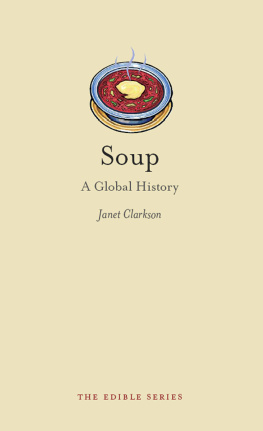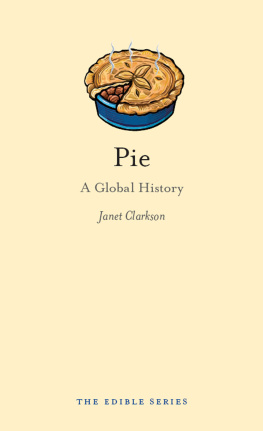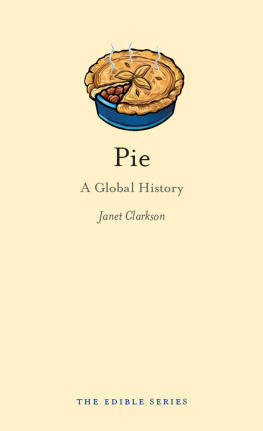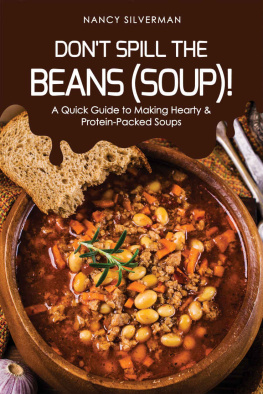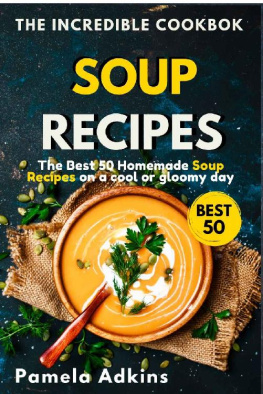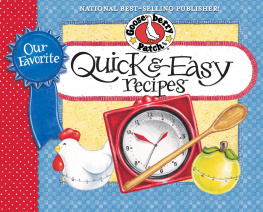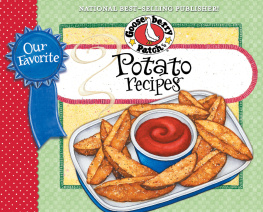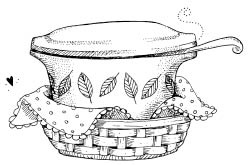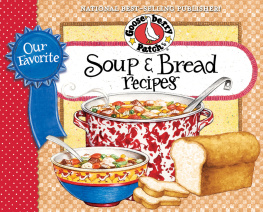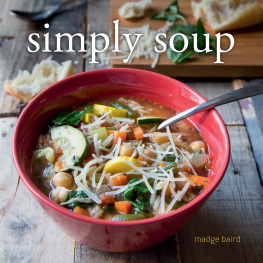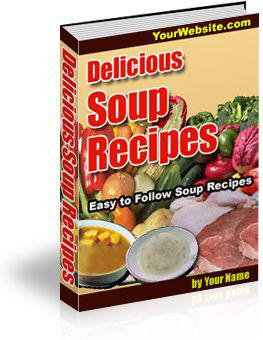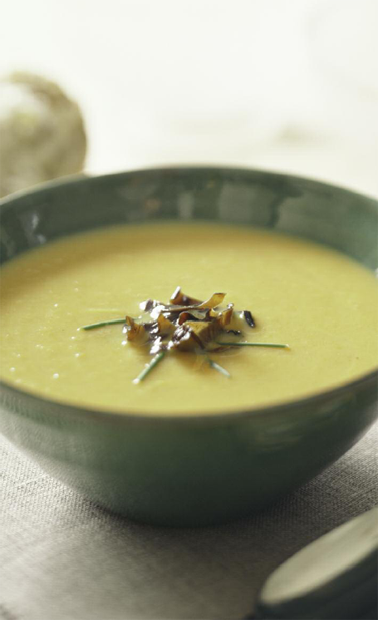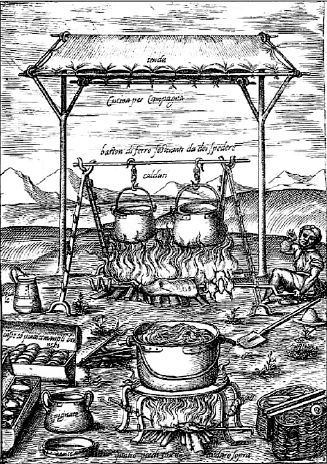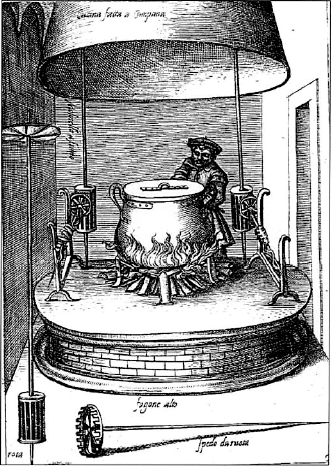Janet Clarkson - Soup: A Global History
Here you can read online Janet Clarkson - Soup: A Global History full text of the book (entire story) in english for free. Download pdf and epub, get meaning, cover and reviews about this ebook. year: 2010, publisher: Reaktion Books, genre: Home and family. Description of the work, (preface) as well as reviews are available. Best literature library LitArk.com created for fans of good reading and offers a wide selection of genres:
Romance novel
Science fiction
Adventure
Detective
Science
History
Home and family
Prose
Art
Politics
Computer
Non-fiction
Religion
Business
Children
Humor
Choose a favorite category and find really read worthwhile books. Enjoy immersion in the world of imagination, feel the emotions of the characters or learn something new for yourself, make an fascinating discovery.
- Book:Soup: A Global History
- Author:
- Publisher:Reaktion Books
- Genre:
- Year:2010
- Rating:5 / 5
- Favourites:Add to favourites
- Your mark:
Soup: A Global History: summary, description and annotation
We offer to read an annotation, description, summary or preface (depends on what the author of the book "Soup: A Global History" wrote himself). If you haven't found the necessary information about the book — write in the comments, we will try to find it.
From the restorative powers of chicken soup on a sick day to the warmth of a bowl of chowder on a wintry night, there is no food quite as comforting and emblematic of home as soup. Soup, as Janet Clarkson tells us, is the first true culinary creation of humanity, and it has made a long journey from the prehistoric cave to the kitchen table and the white linens of Michelin-starred restaurants.
Tracing its myriad reinventions through history and across the globe, Clarkson argues in Soup that it is the only truly universal dishevery culture in the world makes soup, and it is widely valued as a dish adaptable for any situation. From the swill of the poorhouse to the most delicately crafted consomm, Clarkson explores how soup got its name and describes the different roles of soup in Eastern and Western cuisine. Featuring the national soups of many countries and including an assortment of anecdotes and recipes taken from seven centuries of culinary history, Soup entertains as much as it informs, telling of how the history of the restaurant itself is intricately interwoven with the very concept of soup.
With enthusiasm and detailed research, Clarksons entertaining history is a nutrient-rich meal for the mind, sure to be devoured as happily as its subjectPublishers Weekly, on Clarksons Pie
Janet Clarkson: author's other books
Who wrote Soup: A Global History? Find out the surname, the name of the author of the book and a list of all author's works by series.

